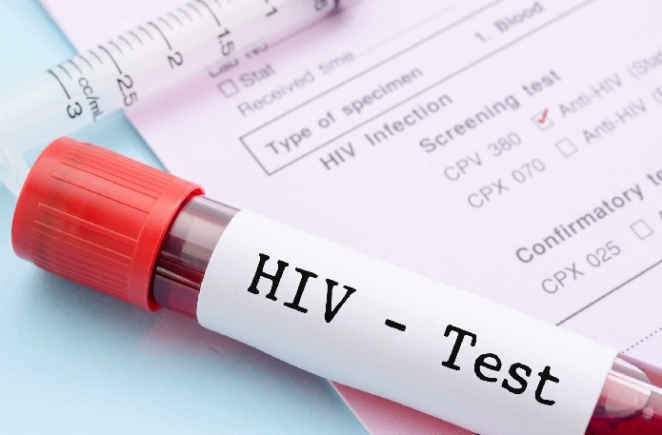
National HIV Estimates: 15,290 new infections recorded in 2024
Ghana recorded 15,290 new HIV infections with 12,614 AIDS-related deaths in 2024, according to data from the National and Sub-National HIV and AIDS Estimates and Projections.
Of the total infections, 10,303, representing 67.4 per cent, were females while 4,987, representing 32.6 per cent, were males.
It showed that presently a total of 334,721 persons, comprising 229,261 females and 105,460 males are living with the virus.
Similarly, 18,229, representing 5.4 per cent of the number living with HIV are children.
The projection also showed that the country recorded 42 new HIV infections among children and adults each day.
Nana Oye Bampoe Addo, the Deputy Chief of Staff, who launched the HIV Estimates 2024 in Accra on Thursday, said the figures emphasised the feminisation of the HIV epidemic and highlighted the need for Ghana to prioritise women and children in its HIV prevention and response.
She called for urgent steps to strengthen community systems, address persistent stigma and discrimination against persons living with HIV and AIDS and expand the coverage of lifesaving services.
“With only 47 per cent of people living with HIV currently on Antiretroviral therapy, it is evident that the country needs to double up its efforts in attaining the UNAIDS 95-95-95 targets,” she said.
The 95-95-95 targets set by UNAIDS aims to ensure that 95 per cent of people living with HIV know their status, 95 per cent of those diagnosed are on antiretroviral therapy (ART), and 95 per cent of those on ART have viral suppression by 2025.
Consequently, the National HIV projections 2024, shows that presently in Ghana, only 68 per cent know their HIV status, while 69 per cent of those diagnosed are on ART, and 90 per cent of those on ART have achieved viral suppression.
The projections also showed that 229 deaths were averted each week and a total of 12,358 deaths prevented throughout the year (2024) due to the live saving impact of the ARTs.
Ms Bampoe Addo said the Government was determined to ensure a sustained domestic financing for HIV prevention and response, integrate HIV priorities into broader health and development strategies and adopt innovative data-driven approaches to enhance service delivery.
She said the estimates would serve as a guide for resource allocation, policy making and community engagement towards the HIV epidermic control.
Dr Kharmacelle Prosper Akanbong, the Acting Director General, Ghana Aids Commission (GAC), said ending the HIV epidermic in Ghana would require collective action, sustained investment and unwavering solidarity.
“The HIV epidemic continues to affect lives across the country with some regions and vulnerable population bearing a disproportionate burden, addressing these inequalities must remain at the heart of our national response if we are to leave no one behind,” he said.
Dr Emmanuel Teviu, the Acting Programme Manager, National Aids Control Programme, said while Ghana had made progress in achieving viral suppression among those on treatment, the greatest challenges remained in the first two 95s-ensuring that people living with HIV were diagnosed and promptly initiated on treatment.
He emphasised the need for the country to embrace HIV-self testing to close those gaps.
“Self-testing provides a discreet, convenient, and empowering option for individuals, particularly those who are difficult to reach through traditional facility-based services,” he said.
Dr Teviu said HIV self-testing had the potential to expand the testing and coverage, particularly among men, young people, key populations, and other groups who may not otherwise engage with the healthcare system.
The National and Sub National HIV and AIDS Estimates and Projections is conducted yearly to serve as a strategic compass, guiding Ghana’s HIV prevention, treatment, care, and support interventions.
Data generated from the estimates is expected to enable the country to assess progress, identify challenges, and recalibrate its strategies toward ending AIDS as a public health threat by 2030.
